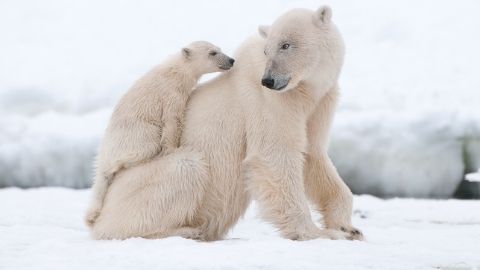Defining Complex Interactions Between Recreation and Climate

The impacts of recreation on natural environments are increasing, as are impacts of climate change. Many current threats associated with nature-based tourism are likely to be amplified by climate change—but limited research has examined at how these disturbances interact. In a recent perspective paper in the journal Ambio, Chris Monz and coauthors use available research to define and describe complex recreation and climate interactions that have the potential to change or destroy ecosystems of high conservation value.
Significant changes are already occurring, and more are likely, the authors say. Disturbances from recreation and climate are likely to interact in ways that alter both visitor behavior and natural conditions.
- Outdoor recreation and tourism are expected to shift to higher elevations and latitudes as the climate warms and the season for snow- and ice-free recreational activities such as hiking, kayaking, climbing, and biking lengthens.
- Last-chance tourists travel to places like the Arctic, polar wildlife and coral reefs before these environments become terminally altered by climate change.
- Visitation to wild areas is expected in some places to decline in the warmest months, creating a two-shoulder visitation pattern earlier and later in the summer season.
- With a climate change-caused extension of the season, there is more time and a larger area for wilderness visitors to use pack animals, and a corresponding increase in the potential for damage to wilderness plant communities.
- Polar bears in Canada now experience shorter seasons on sea ice, with at least some experiencing severe energetic stress and starvation. This has pushed more bears to where tourists can easily observe them, but they are in worse condition.
- In the UK, snakes such as adders are now active year-round, instead of only in summer. In other places, mosquito species transmitting malaria and dengue fever have expanded their ranges, making some recreation setting less hospitable.
- Recent megafires in Australia, California, and the Mediterranean, have resulted in the burning of millions of hectares of protected lands, creating major disruptions to both ecosystems and economies dependent on them.
Developing sustainable management strategies to respond to climate change will require new knowledge that incorporates both ecological and social factors. Further research is also needed to understand the adaptation strategies that may result in visitor behavior change to offset negative impacts. Researchers need to understand causes and develop predictive capabilities for recreation-climate interactions.

